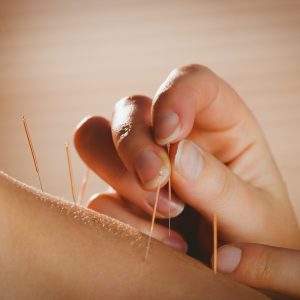Traditional Chinese medicine (TCM) is based on the belief that the body is a complex system of interconnected parts that work together to maintain health and balance. This system includes the organs, meridians, Qi (pronounced “chee”), and other bodily functions.
TCM practitioners believe that illness and disease are caused by imbalances or blockages in the flow of Qi. This can be due to a variety of factors, including stress, poor diet, lack of exercise, environmental factors, and emotional issues.
To address these imbalances, TCM practitioners use a variety of techniques and therapies, including acupuncture, herbal medicine, dietary therapy, massage, and mind-body practices such as tai chi and qi gong.
Acupuncture involves inserting thin needles into specific points on the body to stimulate the flow of Qi and help restore balance. Herbal medicine uses natural substances such as roots, bark, and leaves to treat various conditions. Dietary therapy involves making changes to one’s diet to improve health and prevent disease. Massage and other bodywork techniques can help relieve pain and tension in the body.
Overall, TCM is a holistic approach to health and wellness that emphasizes the interconnectedness of the body, mind, and spirit. It is based on a deep understanding of the human body and its natural healing processes, and seeks to support and enhance those processes to promote optimal health and well-being.

